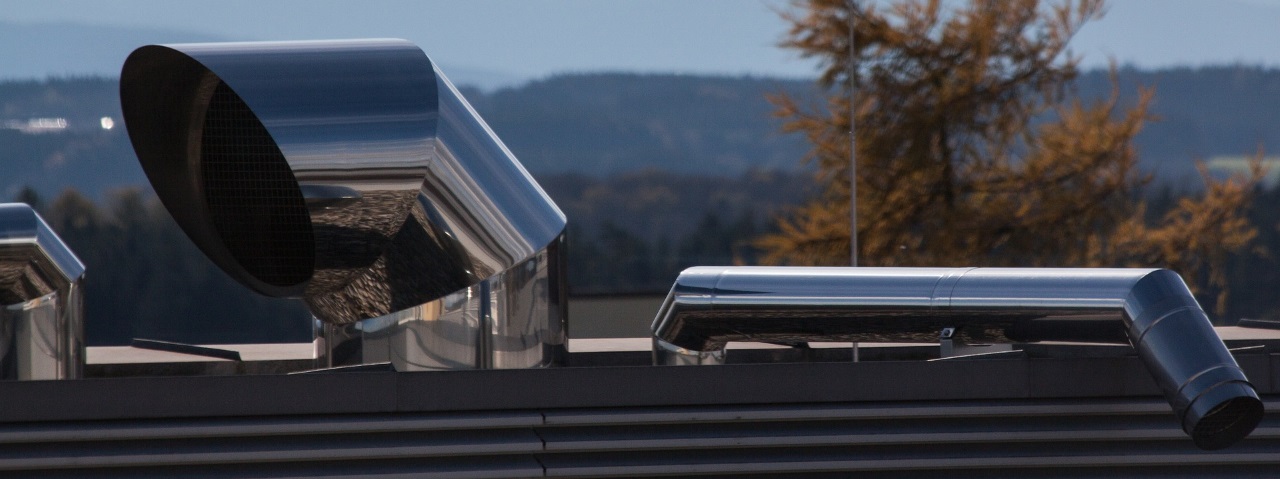Heating and Ventilation Engineer Jobs – Young Jobseeker Info
Heating and ventilation engineer jobs… did you know?
Many buildings like office blocks, schools, hospitals, shopping centres and airport terminals use heating and air conditioning (ventilation) systems. It is your job to install heating and air conditioning systems, and service them so that they continue to work perfectly. Your career prospects aren't just a load of hot air, either.
Industry: Construction
Heating and ventilation engineer job trends
How much money can you make as a heating and ventilation engineer?
£18,000 – £35,000 (UK average)
Recent labour market information says you can earn on average between £18,000 and £35,000 a year as a heating and ventilation engineer in the UK.
However, your starting salary depends on your experience and training. It can also vary because of factors like location or the size of the company. Your salary as a heating and ventilation engineer will build over time as you build skills, knowledge and experience.
What entry qualifications and training do you need for this job?
School, college and training
To get started, you’ll usually need GCSES (or equivalent) at grades 9 to 4 (A* to C) in maths, English and science.
Next, you’ll find it useful to do a college course in one of the following subjects:
- Heating and ventilation
- Plumbing
- Building services
- Mechanical engineering
A level 2 college course would give you some of the skills and knowledge you need to find a trainee job. It would include the option to study heating and ventilation maintenance, while level 3 would include an option to study repair.
After school or college you can train on the job with an apprenticeship. This will give you a qualification combined with real-life experience.
While at school or college, speak to your careers advisor about useful training and/or courses for you to take and find out more about the types of career routes available.
Career progression and further qualifications
Over time, you can build skills and experience to have more career options including technical sales or management positions. You have options to gain higher qualifications such as a level 4 qualfication, foundation degree or degree. Some qualifications can lead to you getting registered as an engineering technician (EngTech) or member of the Chartered Institution of Building Services Engineers (CIBSE).
What experience do you need for site management jobs?
Work experience
With a job like plumbing, experience counts for a lot. At school/college and beyond, aim to get work experience to build your CV. This can involve:
- Work shadowing (even if it’s just for a day)
- Work placements in a company
Ask around friends and family to see if you know anyone who works in plumbing or the building trade. Ask if there are any opportunities for you to do shadowing, work placements or work experience with them.
Volunteering
unteering shows employers you have an active interest in what plumbing involves and can help you build up the life and work skills you need. Look for volunteering projects that give you a chance to work with your hands, follow instructions, keep to health and safety guidelines and build as a team.
Check the list of useful plumbing skills below to see if you can present own experience in a way that shows your good understanding of plumbing jobs involved.
What skills do you need for heating and ventilation engineer jobs?
Useful skills to highlight to your employer when applying for jobs as a heating and ventilation engineer include:
- Practical skills – you’ll enjoy working with your hands
- Problem solving skills – you’ll puzzle through problems in a logical way
- Communication skills – both spoken and written
- Number skills – you’ll take accurate measurements
- Attention to detail – you’ll be following technical drawings and written instructions
Vocational qualifications and work experience will help you build these skills over time.
What does a heating and ventilation engineer do?
Knowing a little more about this role will help you show the employer you understand what this job is about. It can also help you decide if it’s right for you.
Heating and a good flow of air are needed in all kinds of big buildings, from airports to shopping centres. You’ll find it useful to be able to drive for this job, because you’ll be going where the work takes you – you might be working with air vent grilles in a school or working on a huge network of pipes in a shopping centre’s ceiling.
Example job responsibilities:
- Making sure heating and ventilation systems work efficiently so that they are saving energy - and money
- Fitting pipe systems and heating equipment (as a heating installer)
- Putting in ventilation systems and ductwork, by cutting, forming, welding and joining different materials together (as a ductwork installer)
- Planning and carrying out repairs and maintenance (as a service engineer)
- Making sure any systems in place do what their original design said they should do (commissioning engineer)
- Designing and installing the control panels that work the heating systems (control engineer)
As you can see, there are different types of heating and ventilation engineer. A vocational college course will give you the skills and knowledge you need to get into an entry level job and start specialising once you’re in the world of work.
Your first steps into heating and ventilation engineer jobs
To find jobs for young people in this role, search on job boards for H&V engineering positions with these words in the title:
- Entry level
- Support
- Trainee (e.g. “trainee controls engineer”)
- Assistant (e.g. “maintenance assistant”)
Useful organisations and links for heating and ventilation engineer careers
- Go Construct - see more info on how to become a heating and ventilation engineer, and discover other careers in construction.
- Building Engineering Services Training (BEST)
Construction Career Guides
View job descriptions with average UK salary, useful qualifications and a variety of routes into this career.
Construction Career Tips & Opportunities
YES! I Want More Free Careers Help...
So what are you waiting for? Grab your future.





























